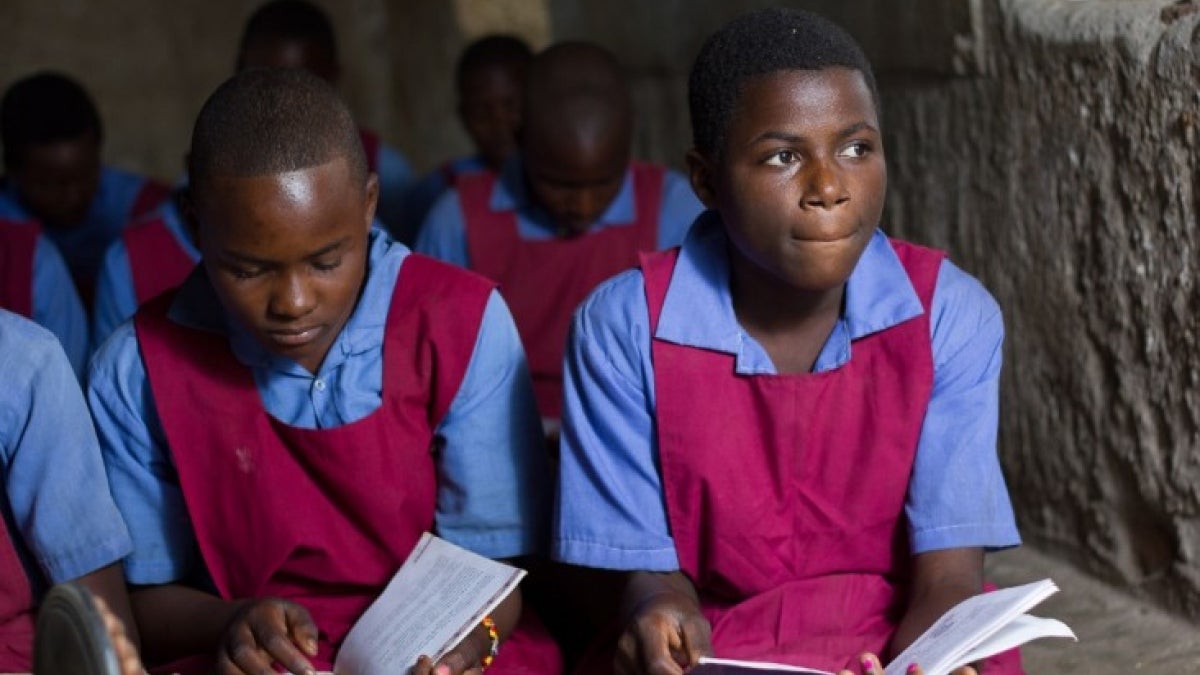A range of obstacles leaves more than 80,000 Malawi citizens without access to higher education each year.
With a $10 million grant from the United States Agency for International Development, Arizona State University is on the ground in Malawi working with local educators and universities to build out a framework that will expand access to education around the country.
Throughout the four-year project, ASU will expand access to online education and distance learning initiatives and will train educators on delivering course instruction in remote areas. The work will focus primarily on improving education opportunities for the country’s poor and rural citizens, people with disabilities and women and girls. Improving educational attainment will lead to increases in Malawi’s skilled and employable workforce, boosting the country’s economy.
“We have a lot of experience at ASU in structuring educational experiences in a way that students located throughout the world can benefit from programs and courses delivered in a way that coincides with their day-to-day lives,” said Samuel DiGangi, associate professor in ASU’s Mary Lou Fulton Teachers College and primary investigator on the project. “We are working with universities in Malawi to share what we’ve learned at ASU through our experiences so that we can help contextualize and localize new approaches that will benefit learners in Malawi.”
Associate Professor Sam DiGangi
The project’s goals include providing financial support through scholarships, as well as building effective and accessible education opportunities through online and distance learning programs. Each component will also involve moving beyond technology in order to assist learners with challenges that may include limited ability to travel or limited internet connectivity and electricity access.
The Malawian academic partners working with ASU are Mzuzu University, Lilongwe University of Agriculture and Natural Resources, Malawi University of Science and Technology, and the University of Malawi’s Chancellor College and Malawi Polytechnic programs.
“We also hope to have an impact on the perception and awareness of the importance of access to education for women and girls,” DiGangi said. “Removing the barriers to higher education that have existed in the past will have a positive impact on the country’s economy and its communities, and that is a priority for us.”
More Arts, humanities and education

Honoring innovative practices, impact in the field of American Indian studies
American Indian Studies at Arizona State University will host a panel event to celebrate the release of “From the Skin,” a collection over three years in the making centering stories, theories and…

ASU alum's humanities background led to fulfilling job with the governor's office
As a student, Arizona State University alumna Sambo Dul was a triple major in Spanish, political science and economics. After graduating, she leveraged the skills she cultivated in college —…

ASU English professor directs new Native play 'Antíkoni'
Over the last three years, Madeline Sayet toured the United States to tell her story in the autobiographical solo-performance play “Where We Belong.” Now, the clinical associate professor in…

